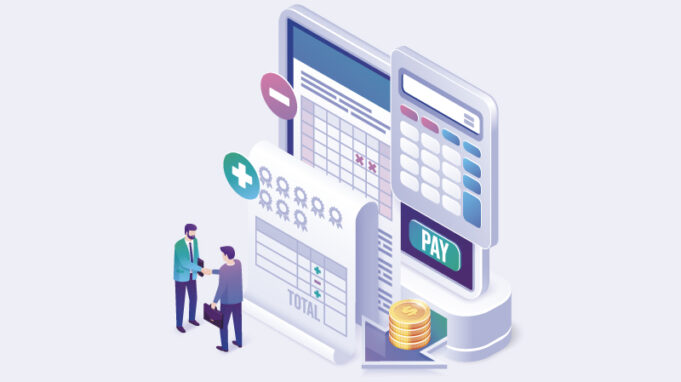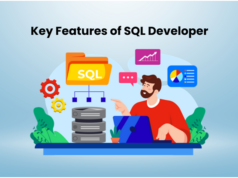Running a business involves juggling a variety of tasks—everything from sales and marketing to human resources. One area that often requires special attention is payroll. Whether you’re looking to make a check stub or process an entire payroll cycle, choosing the right software can make all the difference. Worry not; we’re here to help! Below are seven key factors you should consider to make an informed decision.
1. User-Friendliness
First and foremost, your payroll software should be user-friendly. It needs to have an intuitive interface that you, or whoever will be handling the payroll, can easily navigate. If you’re scratching your head at the dashboard, that’s a sign to look elsewhere. After all, you want to spend time growing your business, not grappling with complicated software.
2. Features and Customization
Every business is unique, and so are its payroll needs. Make a list of the features you require. This could range from basic functions like direct deposits and tax calculations to more advanced features like benefits management and time tracking. Some software even allows you to customize these features, tailoring them specifically for your business. The more customizable the software is, the more it can grow with you.
3. Integration Capabilities
Think about the other software tools you are currently using in your business. This could include accounting software, HR platforms, or project management tools. Having payroll software that integrates seamlessly with your existing ecosystem can be a game-changer. It not only streamlines the workflow but also minimizes the risk of data errors.
4. Compliance and Security
Another crucial aspect to consider is whether the software complies with local, state, and federal tax laws. You don’t want to find yourself in hot water because your software isn’t up-to-date on the latest tax codes. Equally important is the security of your data. Make sure the software you choose uses encryption and other security measures to protect sensitive employee information.
5. Customer Support
Let’s face it, no matter how user-friendly a software may be, you’re likely to encounter some hitches along the way. That’s where customer support comes in. Whether it’s via chat, phone, or email, ensure that help is available when you need it. Check reviews or ask for recommendations to gauge the effectiveness of a software’s customer support before you make your final decision.
6. Scalability
Your business won’t stay the same size forever—hopefully! As you grow, you’ll need a payroll system that can scale with you. Whether you’re adding new employees or expanding to new locations, your software should be able to adapt without causing a major disruption. Look for options that offer flexible plans or additional features that can be activated as your needs change.
7. Pricing
Last but definitely not least, consider your budget. Payroll software comes in a variety of pricing models. Some have a one-time purchase price, while others offer monthly or annual subscriptions. Additionally, some may charge extra for add-on features or additional employees. Be aware of what you’re committing to financially, and make sure it aligns with your budget.
Conclusion
Choosing payroll software might seem like a daunting task, but it doesn’t have to be. Keep these seven factors in mind, and you’re well on your way to making a choice that’s right for you and your business. From making a single check stub to processing payroll for a growing team, the right software can simplify your life, keep you compliant, and let you focus on what you do best—running your business. Happy hunting!

















